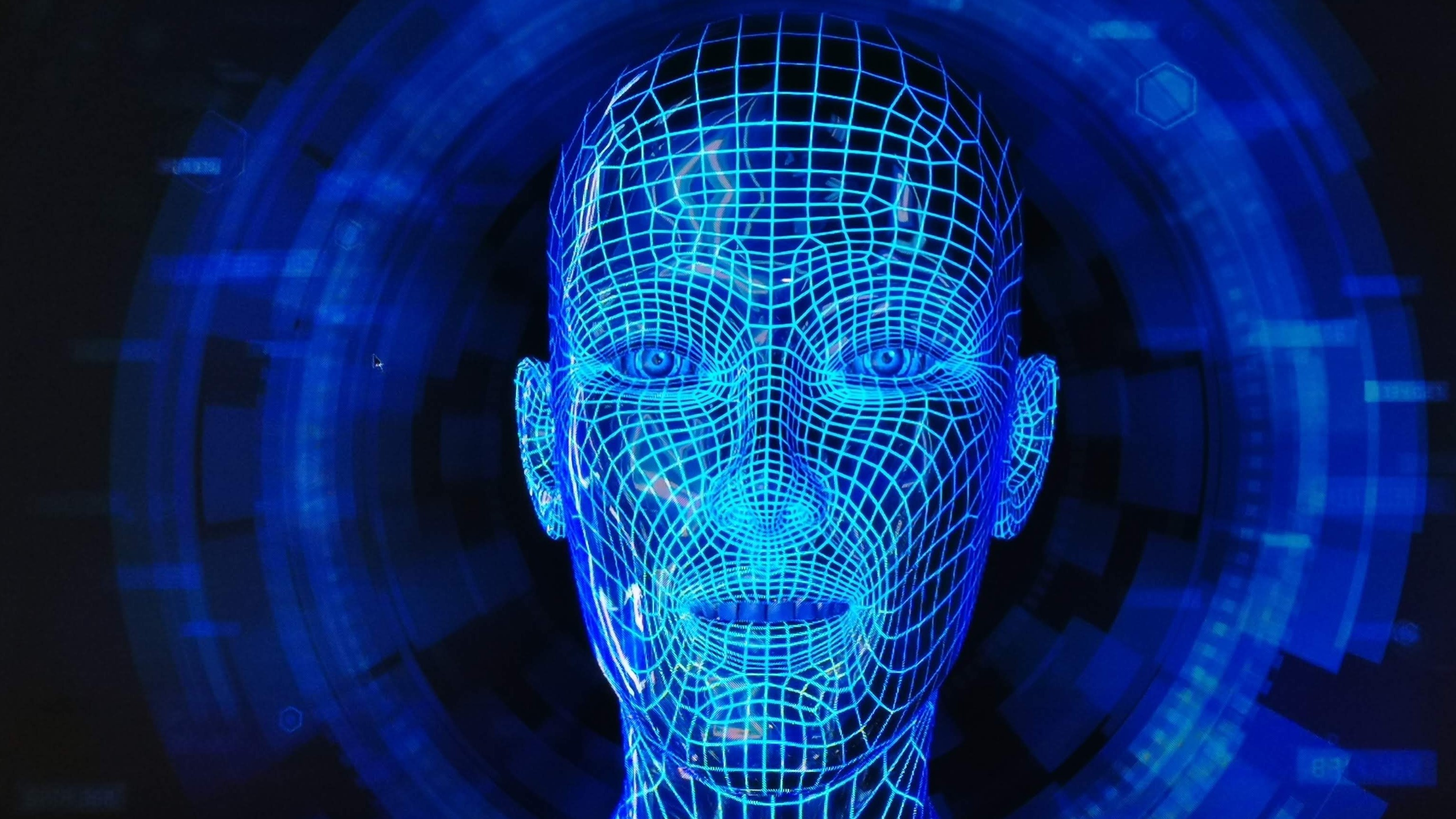Employees to benefit from AI revolution
AI to increase skillsets needed

Much has been said of the Fourth Industrial Revolution and its manifestation in the ways people work globally. Technological progress benefits society as a whole, with new innovations changing lives and boosting productivity on a daily basis, yet questions linger over the downside to advancement, and its impact on employees.
Fears over the impact of robotics on jobs and the economy, or of the impact of artificial intelligence, or of the ‘rise of the machines,’ means many employees look to the future with trepidation or even dread. It seems like there is almost a constant stream of headlines about how technical innovation means even more roles are about to be lost to robots, algorithms or something similar. Employees could be forgiven for sometimes looking at themselves in the mirror every morning and asking whether and when their job will simply disappear.
Mark Dorman is the CEO of SThree.
Many of these concerns are justified. However, in reality, they are just the latest stage in a trend that has been going on for millennia. For example, the development of farming meant better livestock management, while the industrial revolution automated factories and processes, and made millions of industrial jobs redundant.
Technological leaps
Yet none of these changes in the past have produced a society of humans searching vainly for a role to play. Rather, they have spurred even greater technological leaps, often in areas that could not have been imagined at the time. That’s why I believe the latest innovations therefore mean employees have nothing to fear: the rise of robot technology will merely see a new type of job evolve, or maybe even challenge our perceptions about what a ‘job’ actually is.
The pace of change can certainly appear frantic at times. So, what can we do to ensure this robotics revolution proceeds as quickly, orderly and effectively as possible? And how can we best seize the opportunities it affords?
First, we need to identify the key roles that the technology is most suitable for, and move swiftly to innovate in those areas. Advances in areas such as AI, 3D printing and nanofabrication, automation and robotics will inevitably reshape the science, technology, engineering and mathematics (STEM) industries in particular. Predictable physical and routine work in these areas will inevitably become automated. It is therefore in precisely these areas that we should ensure we see the highest levels of prioritization.
Fundamental change
Second, we need a fundamental change in all our mindsets. We should all see the rise of AI and robotics as an opportunity, not a threat. Businesses will be able to use AI and machine learning processes for repetitive and tedious tasks to more empowering ones: enabling employees to focus on innovation and higher-level tasks. Future jobs are likely to be higher skilled and more rewarding – and therefore be much more enjoyable for the employees. This is something we should welcome, not fear.
Sign up to the TechRadar Pro newsletter to get all the top news, opinion, features and guidance your business needs to succeed!
Finally, and, I believe most significantly, employees themselves need to be at the heart of the process of embracing the new technology. It is essential that employees are not only excited about the technology but feel motivated to embrace it. If those same employees feel left behind – without an opportunity to contribute to their future, then they will clearly feel de-motivated. That in turn will have a negative impact on the businesses themselves, who will fail to attract and retain top talent, regardless of any HR software or PEO services used. Yet they will depend on those employees to make the most of the opportunities that the next stage of innovation will bring. Their staff can therefore play a fundamental role in identifying opportunities, taking a leadership role in determining if the systems are working most effectively.
What does this look like in real life? Well, if I want to see the benefits that the robotics revolution can bring, I need only look at our own industry. AI is helping recruiters like ourselves to focus on the more exciting and important parts of employees’ jobs. It also makes it easier for us ensure employees' beliefs are in alignment with their employer's values, leading to a happier, more contented, and ultimately more productive workforce.
The pace of the change can make us all feel uncertain at times. But we have nothing to fear from the rise of AI. Instead, we should ensure we view it as simply another example of the global economic ecosystem reinventing itself in the face of change and opportunity. The job of business leaders is to help employees understand the scale of these opportunities, and how to use them to be more effective, efficient, and, ultimately, more useful.
Mark Dorman is the CEO of SThree. he is an experienced Chief Executive Officer with a demonstrated history of working in the staffing and recruiting industry. Mark is skilled in Operations Management, Management, Strategic Leadership, Business Development, and Marketing Strategy.
